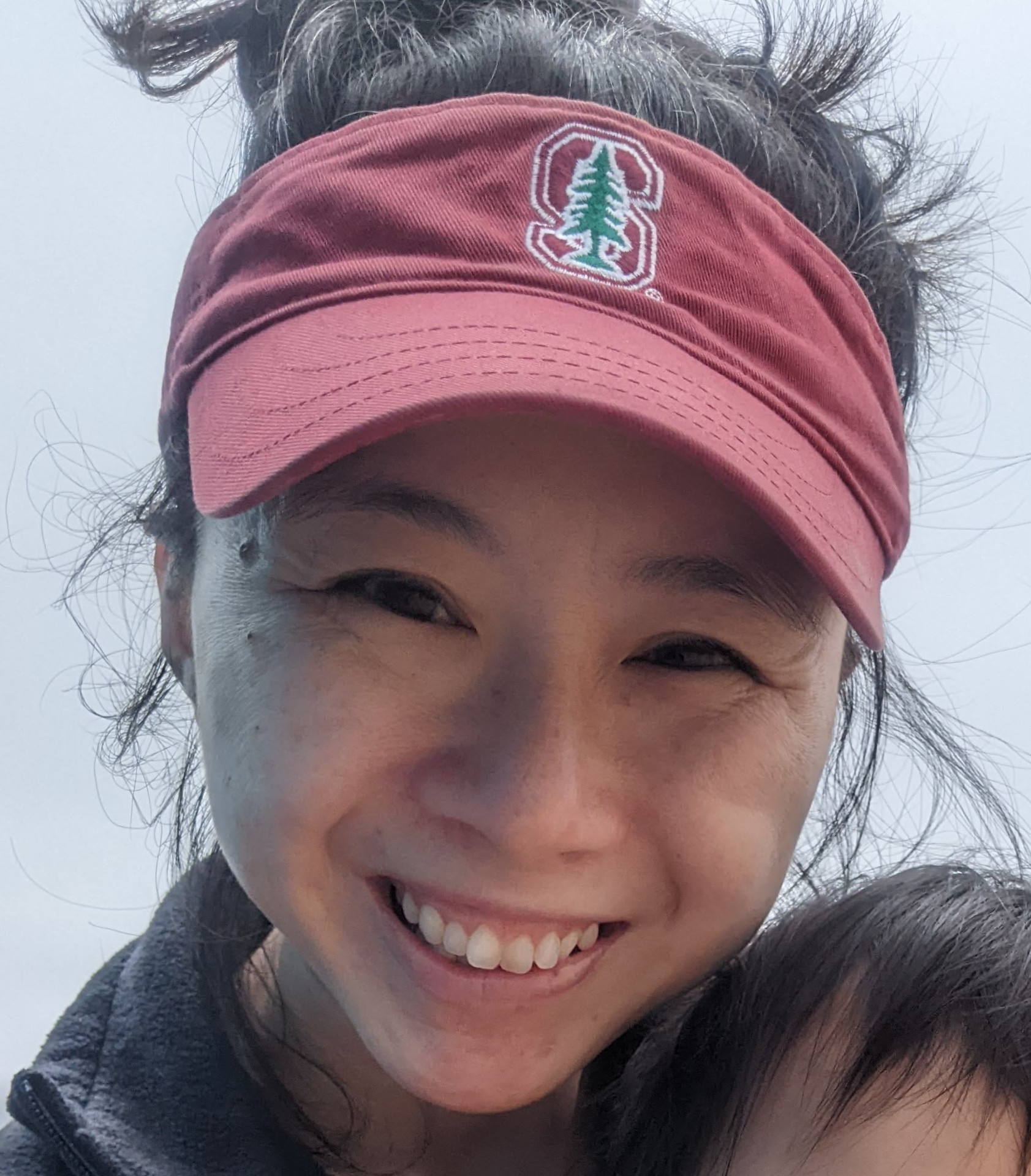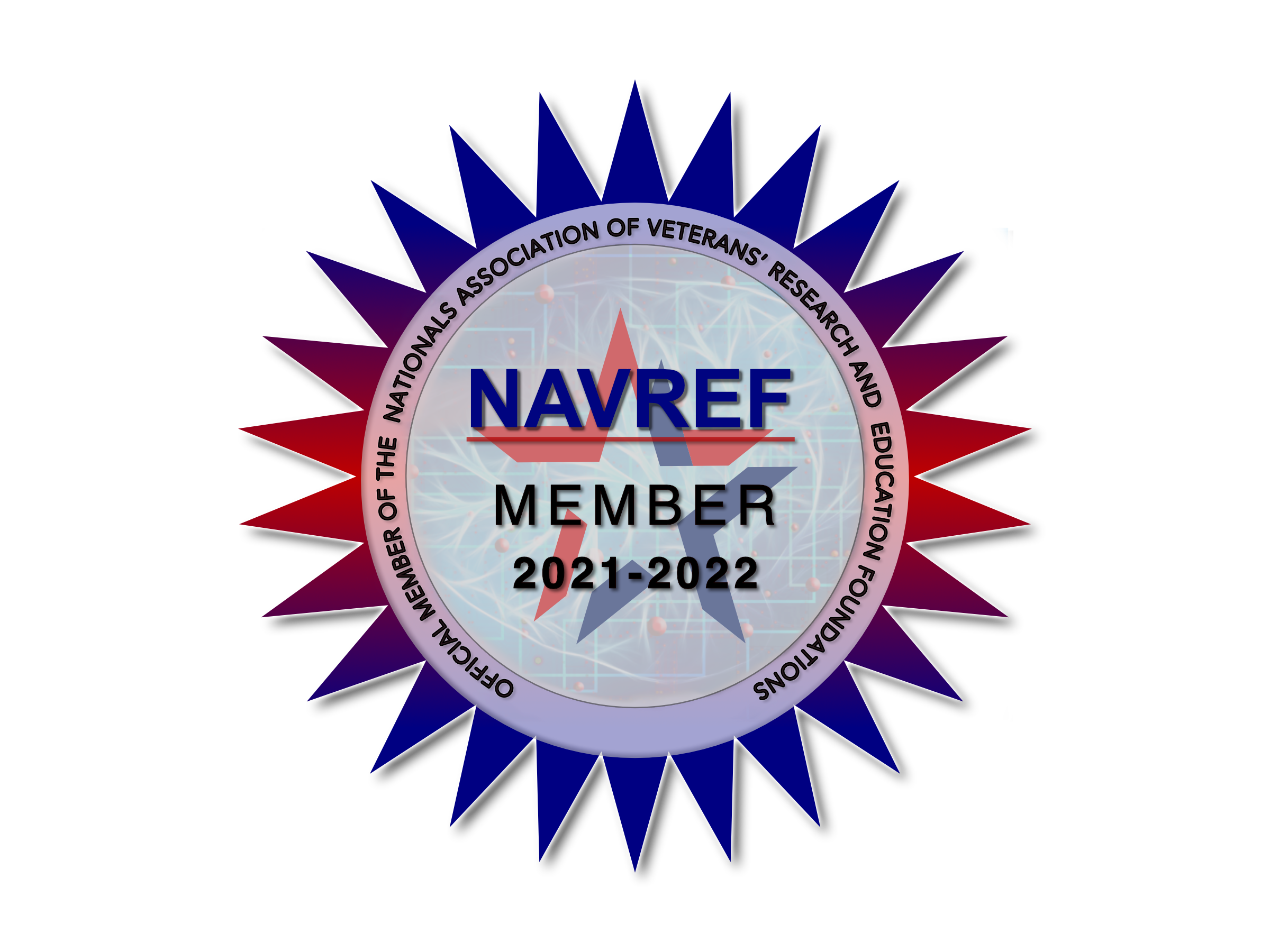
Stephanie T. Chang, MD
Dr. Stephanie Chang is a physician in the Department of Radiology at VA Palo Alto and Clinical Assistant Professor (Affiliated) in Radiology at Stanford University School of Medicine.
Dr. Chang’s research program aims to utilize state-of-the-art diagnostic technology to non-invasively detect abdominal diseases that predispose or lead to cancer. We believe that the most beneficial and cost-effective cancer imaging occurs in the screening/early detection phase.
Currently, metabolic dysfunction-associated steatotic liver disease (MASLD) and metabolic dysfunction-associated steatohepatitis (MASH) are leading worldwide causes of end-stage liver disease and liver cancer (hepatocellular carcinoma, HCC). To determine the optimal multimodality screening and diagnostic pathway, Dr. Chang leads prospective research studies at VA Palo Alto comparing blood-based and imaging-based diagnostic tests – the Fibrosis-4 (FIB-4) Index, the Enhanced Liver Fibrosis (ELF) test, vibration controlled transient elastography (VCTE), ultrasound point shear wave elastography (US pSWE), and magnetic resonance imaging (MRI) elastography – among high-risk veterans with obesity and/or type 2 diabetes to compare relative performance and costs/benefits.
To improve detection of hepatocellular carcinoma (HCC) among patients with end-stage liver disease (cirrhosis), Dr. Chang also serves as a member of the VA National Radiology Working Group and radiology local site investigator at VA Palo Alto for a multicenter VA research study CSP #2023 PREventing liver cancer Mortality through Imaging with Ultrasound vs. MRI (PREMIUM STUDY) comparing US and MRI to determine optimal screening strategies for hepatocellular carcinoma.
While MRI has the overall highest sensitivity and specificity for many diseases and contains additional biological/prognostic information not obtainable via other imaging methods, the utility of MRI as a powerful non-invasive screening tool has been hampered by its limitations in access, time, and cost. Dr. Chang is interested in significantly shortening MRI exam times to accelerate MRI throughput, decrease patient discomfort, and reduce costs. To accomplish this goal, Dr. Chang is interested in improving pulse sequences to shorten MRI acquisition times while maintaining or increasing diagnostic quality. In addition, Dr. Chang is interested in novel MRI techniques to improve disease detection and staging.
For additional information, to participate in research, or to support our research contact Dr. Stephanie Chang at stephanie.chang@va.gov.


